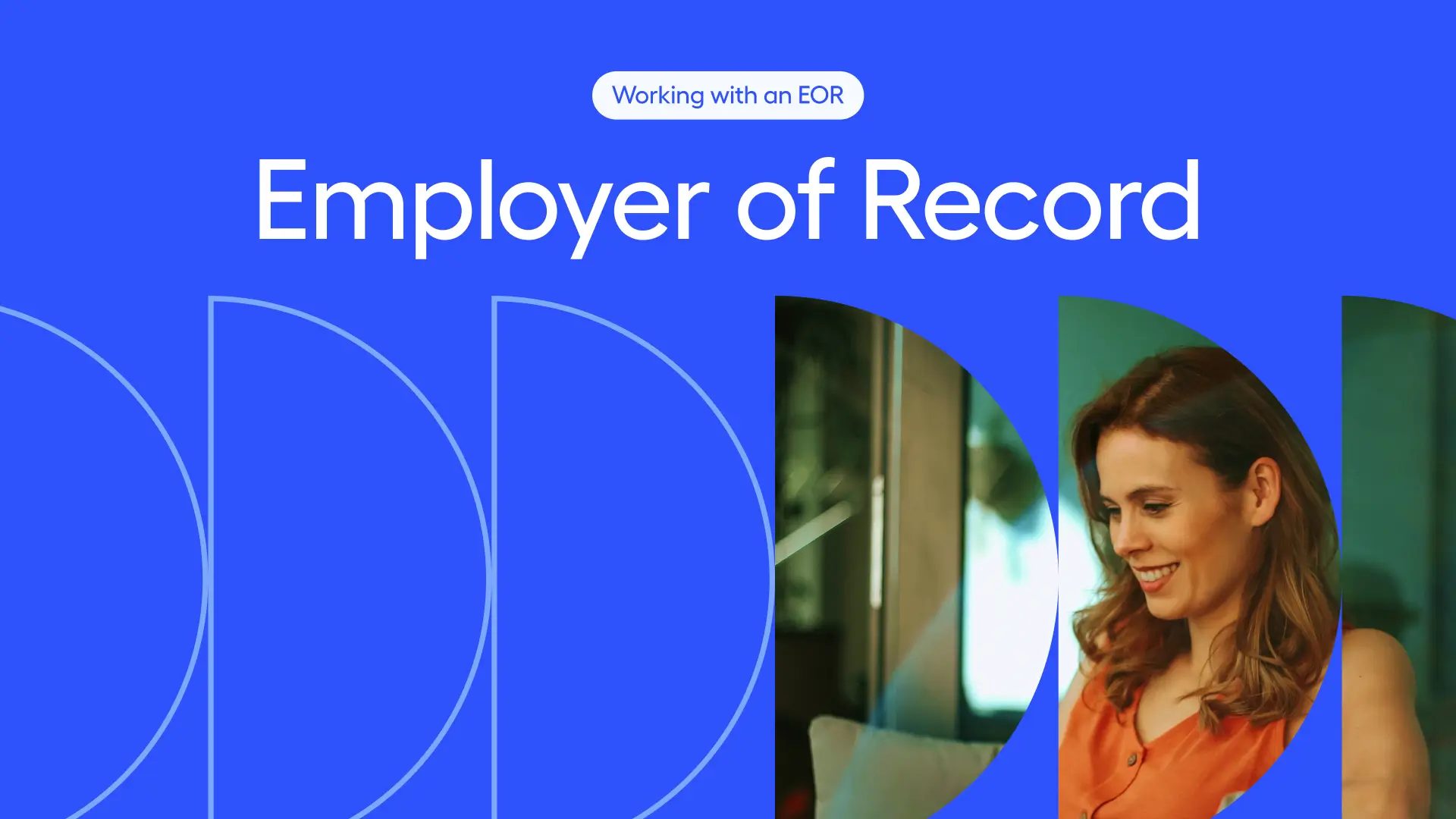Expanding your workforce beyond your borders is a difficult task.
Regardless of whether it’s a new market you want to capture or build a distributed workforce, a kaleidoscope of factors will come into play when expanding internationally:
Complex business structures
Multicultural workforces
Multiple currencies
Languages barriers
Myriad local statutory norms
Compliance hurdles
Asynchronous communication
Difficult coordination
There’s a long list of challenges when it comes to establishing workable legal entities in new markets. For any employer to go at it alone is a daunting task—even more so for small- and medium-sized businesses (SMBs).
Creating a legal entity makes little sense if you only need a handful of new hires. “Spending time, money, and effort setting up an entity solely to hire a few workers is unreasonable,” says Amritpal Singh, President of Field Operations at Multiplier. “The ongoing costs and challenges of dissolution make the process burdensome.
Why creating a legal entity for hiring international employees isn’t a good idea
Let’s dive into the pitfalls of going at it alone when you must expand quickly on a global scale.
1. High cost of hiring
Setting up a legal entity in a new country involves a web of local laws, regulations, and compliance requirements. The international regulatory landscape varies wildly. The process can be time-consuming, costly, and fraught with potential legal risks.
The cost of hiring averages $4700 per new hire within the United States. Add to that setup costs, licenses, regulatory costs, taxation, and so on, and the cost escalates significantly.
2. Financial risks
Establishing a legal entity abroad carries upfront capital, resources, and time. From a financial standpoint alone, it can cost $15,000 to $20,000 per entity, with annual costs reaching as high as $200,000.
There’s also the risk of unknown additional costs. These might be attributable to anything from market volatility to regulatory changes that impact the expansion’s financial viability.
3. HR and IT burdens and complex legal and regulatory compliance
Alongside all the above come the challenges for HR. These span just about everything under HR’s purview. Payroll is one example, of course, and so are benefits, taxes, and other HR functions. Moreover, It’s markedly different in different countries.
All those HR burdens have attendant compliance concerns that pull IT into the mix. For example, take data security. The more hands that touch any employee’s personal identifying information (PII), the greater the chances are for a breach. Penalties and fines can be significant, as can the damage to the employer brand.
4. Lack of flexibility impeding agility
Finally, there is the lack of flexibility that comes with setting up a new entity beyond borders. Traditional expansion methods often lock companies into long-term commitments and rigid structures – consequently, agility suffers.
The sunk costs and rigidity of do-it-yourself new international entities limit the employers’ ability to adapt to changing market conditions. They struggle to scale back operations when necessary.
Employers of record: Are they the answer?
The employer of record (EOR) service exists to counter the pitfalls that come with setting up local entities to hire international employees.
An EOR partner knows exactly how to get new hires in a different country up and running. And an EOR has the resources to streamline the logistics and costs of doing so.
EORs have been around for decades, but many companies that need an EOR remain unaware of what EORs do. Here, the cliché applies: EOR is the HR industry’s best-kept secrets.
The smart choice for hiring globally – EOR
As you can imagine, there are many cost benefits as well as gains in efficiency to be had by turning to and partnering with an EOR.
An EOR acts as the official employer for a company’s workforce in a foreign country. Assuming responsibility for all HR, payroll, tax, and compliance, a good EOR is turnkey—so you can focus on growth and profits.
Get a closer look at Multiplier’s EOR platform
Simplified compliance and administration
EORs have expertise in local labor laws and regulations, ensuring that companies remain compliant with all legal requirements. They handle payroll processing, tax filings, benefits administration, and other HR functions, relieving companies of administrative burdens.
Reduced financial risks
By taking the services of an EOR, employers avoid hefty upfront costs associated with setting up legal entities. EOR services offer a more cost-effective and scalable solution, allowing employers to move into new markets with minimal financial risk.
Flexibility and agility
EOR solutions provide companies with the flexibility to quickly enter new markets or scale up or scale down their operations as needed. Since the EOR establishes the legal entity, clients can enter new markets rapidly and adapt to changing business conditions with ease.
An EOR, then, is essential in shaping your immediate needs in global expansion.
Is there another way?
You might have heard of other options. An agency of record can manage expansion, yes, but it’s expensive. To do so in the United Kingdom, for example, your cost could exceed 15% of payroll.
EOR: Doing quick global expansion right with your secret weapon
By offering a streamlined and cost-effective alternative, EOR services empower companies to unlock new opportunities and navigate the complexities of the global business landscape with confidence.
The industry’s best-kept secret, an EOR, is your secret weapon. It handles the details to mitigate risks and help ensure compliance in new markets, letting ambitious business leaders move forward with global expansion and focus on unlocking transformative growth.







